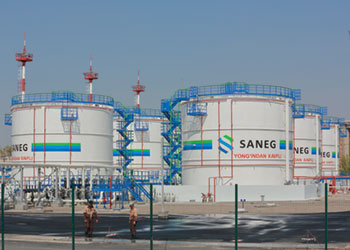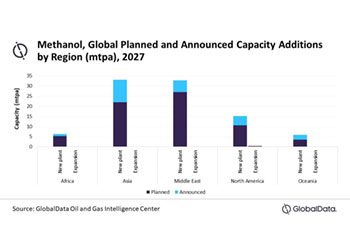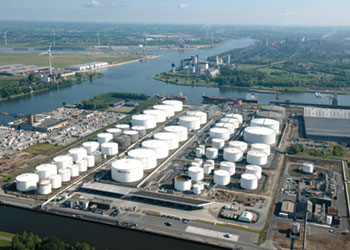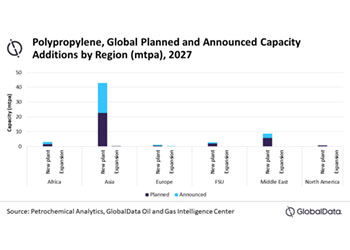
 Oil and gas investment reached $718 billion in 2022
Oil and gas investment reached $718 billion in 2022
Global gas consumption declined in 2022, but is expected to resume growth in 2023 and reach an all-time high level, says the latest Annual Gas Market Report.
It said the power generation sector would remain the largest consumer of gas, with the US, China, and some emerging countries in Asia Pacific forecasted to drive the growth of global gas consumption in 2023.
The 4th edition of the report was commissioned by the Gas Exporting Countries Forum (GECF) and provides an in-depth analysis of natural gas markets, covering recent developments and providing prospects for 2023-2024.
According to Eng Mohamed Hamel, Secretary General of the GECF: "The Annual Gas Market Report is comprehensive and I hope it will become an essential tool for anyone interested in natural gas."
The report said oil and gas investment increased by 7 per cent y-o-y to reach $718 billion in 2022, and was expected to rise further in 2023, but looming uncertainties may deter investment.
Other key findings of the report include spot gas and LNG prices in Europe and Asia reaching record highs in 2022, with significant volatility throughout the year. This was mainly due to a tight LNG market as Europe's LNG demand surged to replace lower pipeline gas imports.
The report said energy security concerns took precedence over climate change mitigation goals in 2022, with policymakers focusing on meeting the energy needs of their people.
It also said CCS/CCUS and hydrogen have gained momentum as potential pathways for decarbonisation, with a significant increase in the announced capacity. However, the number of projects that have reached the FID stage is still far from the required scale.
The publication comes at a time when natural gas markets are undergoing fundamental transformations in terms of physical flows, investment, trade, and market functioning.
"The developments in the gas industry are an indication of the bright prospects for the expansion of the global gas industry, as natural gas is set to play a pivotal role in socio-economic development and towards just and inclusive energy transitions," added Hamel.












































































